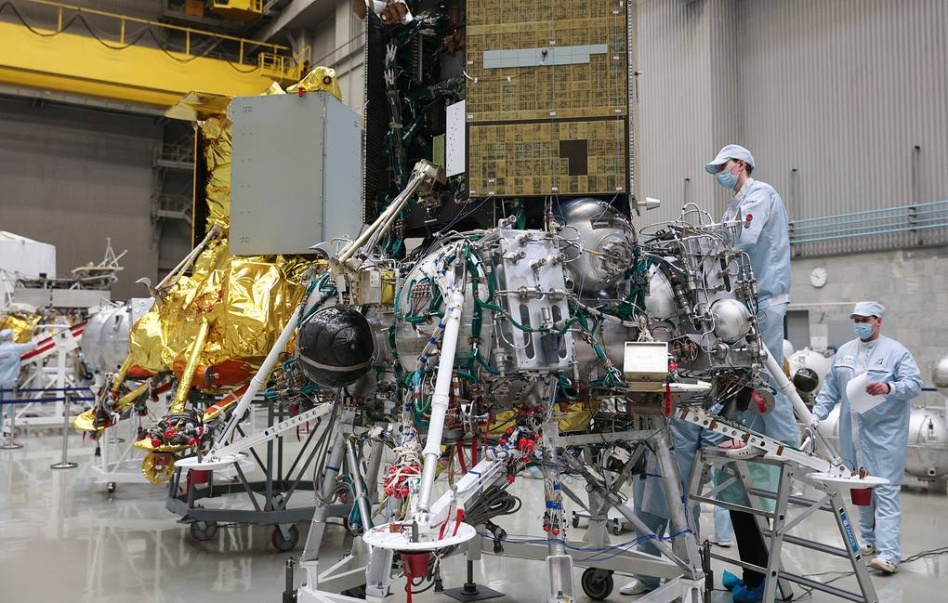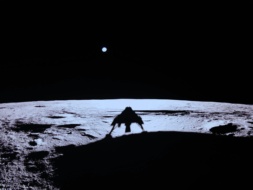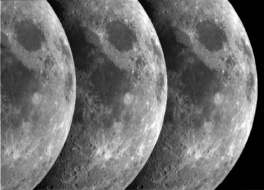Russia’s lunar race has a new start date.
After years of delays, Russia’s Luna-25 probe is slated to launch to the Moon aboard a Soyuz-2 Fregat rocket on Aug. 11, according to Russian state news site TASS and local tour operator RocketTrip.
The uncrewed mission will be the first Russian lunar trip in 45+ years.
The mission: The spacecraft will land near the Boguslavsky crater at the Moon’s south pole, a region thought to be rich in water ice that multiple nations, including the US, are looking to explore. The 800-kg spacecraft has a 1.6-m arm equipped with a scoop tool to acquire lunar samples. The spacecraft will also carry dust detectors, charged particle instruments, imaging systems, and an array of spectrometers.
The mission has three main goals:
- Study the polar lunar regolith
- Examine the plasma of the polar exosphere
- Search for signs of water ice
History refresher: The Soviet Union became the first nation to soft land a spacecraft on the Moon in 1966 with its Luna-9 mission. The USSR achieved six more successful lunar landings over the next 10 years before shutting down the program after the 1976 Luna-24 mission.
A successful Luna-25 touchdown would represent a major milestone in Russia’s quest to revive its lunar program after years of dormancy, especially as questions swirl about the health of Moscow’s space program.
Moon base prep: Luna-25’s upcoming visit to the south pole comes as Russia and China are working on an ambitious long-term plan to set up a permanent ILRS moon base at the lunar south pole by 2028. The Luna-25 mission is expected to provide valuable insight on the local environment ahead of ILRS development and future crewed missions.




